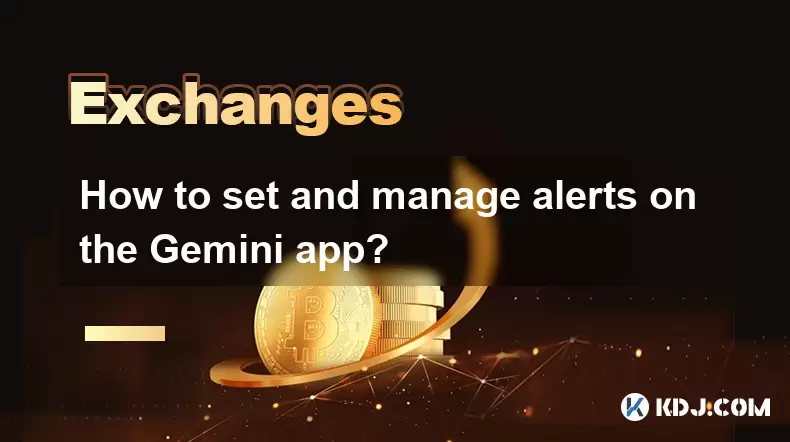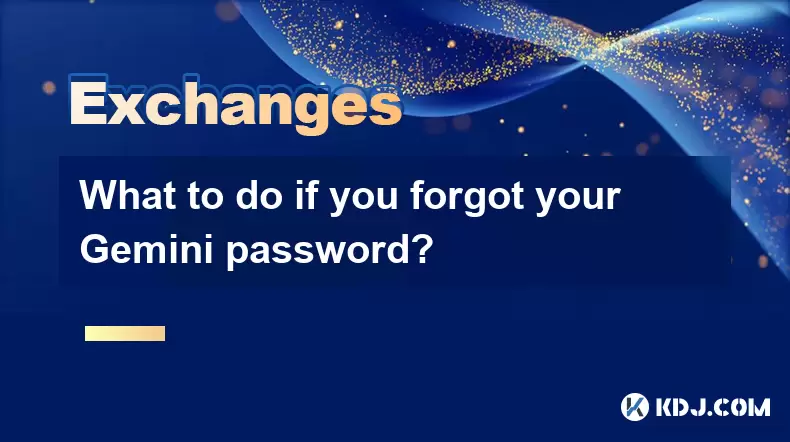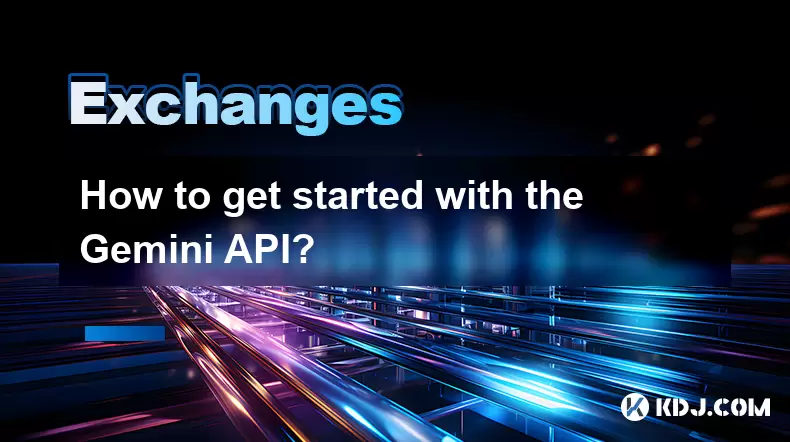-
 Bitcoin
Bitcoin $114100
-0.14% -
 Ethereum
Ethereum $3635
-0.73% -
 XRP
XRP $2.949
-2.85% -
 Tether USDt
Tether USDt $0.9999
-0.03% -
 BNB
BNB $760.3
-0.78% -
 Solana
Solana $163.8
-2.77% -
 USDC
USDC $0.9998
-0.04% -
 TRON
TRON $0.3323
-0.57% -
 Dogecoin
Dogecoin $0.2004
-2.99% -
 Cardano
Cardano $0.7245
-2.87% -
 Hyperliquid
Hyperliquid $37.52
-3.75% -
 Stellar
Stellar $0.3915
-3.58% -
 Sui
Sui $3.416
-2.20% -
 Bitcoin Cash
Bitcoin Cash $559.5
-0.84% -
 Chainlink
Chainlink $16.41
-2.16% -
 Hedera
Hedera $0.2406
-1.78% -
 Ethena USDe
Ethena USDe $1.001
0.00% -
 Avalanche
Avalanche $22.13
-1.98% -
 Litecoin
Litecoin $117.8
-4.32% -
 UNUS SED LEO
UNUS SED LEO $8.989
0.01% -
 Toncoin
Toncoin $3.183
-5.09% -
 Shiba Inu
Shiba Inu $0.00001214
-1.97% -
 Uniswap
Uniswap $9.654
-1.71% -
 Polkadot
Polkadot $3.616
-1.18% -
 Monero
Monero $291.6
-2.66% -
 Dai
Dai $0.9999
0.00% -
 Bitget Token
Bitget Token $4.310
-1.10% -
 Cronos
Cronos $0.1382
-1.93% -
 Pepe
Pepe $0.00001021
-3.40% -
 Aave
Aave $257.9
-1.42%
is binance a decentralized exchange
Although Binance offers user-friendly trading, it differs from decentralized exchanges (DEXs) in terms of intermediary involvement, control, security, trading fees, and transparency, as it operates as a centralized exchange controlled by Binance Holdings.
Oct 25, 2024 at 04:40 pm

Is Binance a Decentralized Exchange?
Binance is a popular cryptocurrency exchange known for its user-friendly interface, wide selection of cryptocurrencies, and high trading volume. However, many people wonder if Binance is truly a decentralized exchange.
1. What is a Decentralized Exchange (DEX)?
A decentralized exchange (DEX) is a platform where users can trade cryptocurrencies without the need for an intermediary. Unlike centralized exchanges like Binance, DEXs are not controlled by a single entity. Instead, they operate on a peer-to-peer (P2P) network, allowing users to trade directly with each other.
2. How Binance Differs from a DEX
Binance is not a DEX. It is a centralized exchange that operates on a proprietary blockchain and is controlled by Binance Holdings. This means that Binance has the power to make changes to the platform's rules and regulations, freeze user funds, and manipulate the market.
3. Key Differences Between Binance and DEXs
- Intermediary: In a DEX, there is no intermediary involved in the trading process. In Binance, Binance Holdings acts as the intermediary, facilitating trades and holding user funds.
- Control: DEXs are operated by a P2P network, giving users greater control over their funds and trades. Binance, on the other hand, is controlled by a central authority.
- Security: DEXs are often considered more secure than centralized exchanges as they are not vulnerable to hacks or fraudulent activities by the exchange itself. Binance, being a centralized exchange, faces such risks.
- Trading Fees: DEXs typically charge lower trading fees compared to centralized exchanges like Binance. Binance has a fee structure that varies based on trading volume and other factors.
- Transparency: DEXs are more transparent as users can easily verify the smart contracts and blockchain transactions involved in trades. Binance's operations are less transparent as they are not based on a public blockchain.
4. Conclusion
Binance is a centralized exchange that provides a user-friendly and convenient trading platform. However, it is not a decentralized exchange as it lacks the key features and benefits associated with DEXs.
Disclaimer:info@kdj.com
The information provided is not trading advice. kdj.com does not assume any responsibility for any investments made based on the information provided in this article. Cryptocurrencies are highly volatile and it is highly recommended that you invest with caution after thorough research!
If you believe that the content used on this website infringes your copyright, please contact us immediately (info@kdj.com) and we will delete it promptly.
- Coinbase, Financing, and the Crypto Market: Navigating Choppy Waters in NYC Style
- 2025-08-06 12:50:11
- Bitcoin in Indonesia: Crypto Education and Economic Strategy
- 2025-08-06 12:50:11
- DeriW Mainnet: Zero Gas Fees Revolutionize On-Chain Derivatives Trading
- 2025-08-06 10:30:11
- IOTA, Cloud Mining, and Eco-Friendly Crypto: A New York Investor's Take
- 2025-08-06 10:30:11
- Kaspa (KAS) Price Prediction: August 6 - Will It Break Free?
- 2025-08-06 10:50:12
- Pension Funds, Bitcoin ETFs, and Exposure: A New Era of Institutional Crypto Adoption
- 2025-08-06 12:55:12
Related knowledge

How to set and manage alerts on the Gemini app?
Aug 03,2025 at 11:00am
Understanding the Gemini App Alert SystemThe Gemini app offers users a powerful way to stay informed about their cryptocurrency holdings, price moveme...

How to use the Gemini mobile app to trade on the go?
Aug 04,2025 at 09:14am
Setting Up the Gemini Mobile AppTo begin trading on the go using the Gemini mobile app, the first step is installing the application on your smartphon...

How to set up a corporate account on Gemini?
Aug 05,2025 at 03:29pm
Understanding Gemini Corporate AccountsGemini is a regulated cryptocurrency exchange platform that supports both individual and corporate account crea...

What to do if you forgot your Gemini password?
Aug 04,2025 at 03:42am
Understanding the Role of Passwords in Gemini AccountsWhen using Gemini, a regulated cryptocurrency exchange platform, your password serves as one of ...

What are the websocket feeds available from the Gemini API?
Aug 03,2025 at 07:43pm
Overview of Gemini WebSocket FeedsThe Gemini API provides real-time market data through its WebSocket feeds, enabling developers and traders to receiv...

How to get started with the Gemini API?
Aug 05,2025 at 12:35pm
Understanding the Gemini API and Its PurposeThe Gemini API is a powerful interface provided by the cryptocurrency exchange Gemini, enabling developers...

How to set and manage alerts on the Gemini app?
Aug 03,2025 at 11:00am
Understanding the Gemini App Alert SystemThe Gemini app offers users a powerful way to stay informed about their cryptocurrency holdings, price moveme...

How to use the Gemini mobile app to trade on the go?
Aug 04,2025 at 09:14am
Setting Up the Gemini Mobile AppTo begin trading on the go using the Gemini mobile app, the first step is installing the application on your smartphon...

How to set up a corporate account on Gemini?
Aug 05,2025 at 03:29pm
Understanding Gemini Corporate AccountsGemini is a regulated cryptocurrency exchange platform that supports both individual and corporate account crea...

What to do if you forgot your Gemini password?
Aug 04,2025 at 03:42am
Understanding the Role of Passwords in Gemini AccountsWhen using Gemini, a regulated cryptocurrency exchange platform, your password serves as one of ...

What are the websocket feeds available from the Gemini API?
Aug 03,2025 at 07:43pm
Overview of Gemini WebSocket FeedsThe Gemini API provides real-time market data through its WebSocket feeds, enabling developers and traders to receiv...

How to get started with the Gemini API?
Aug 05,2025 at 12:35pm
Understanding the Gemini API and Its PurposeThe Gemini API is a powerful interface provided by the cryptocurrency exchange Gemini, enabling developers...
See all articles

























































































